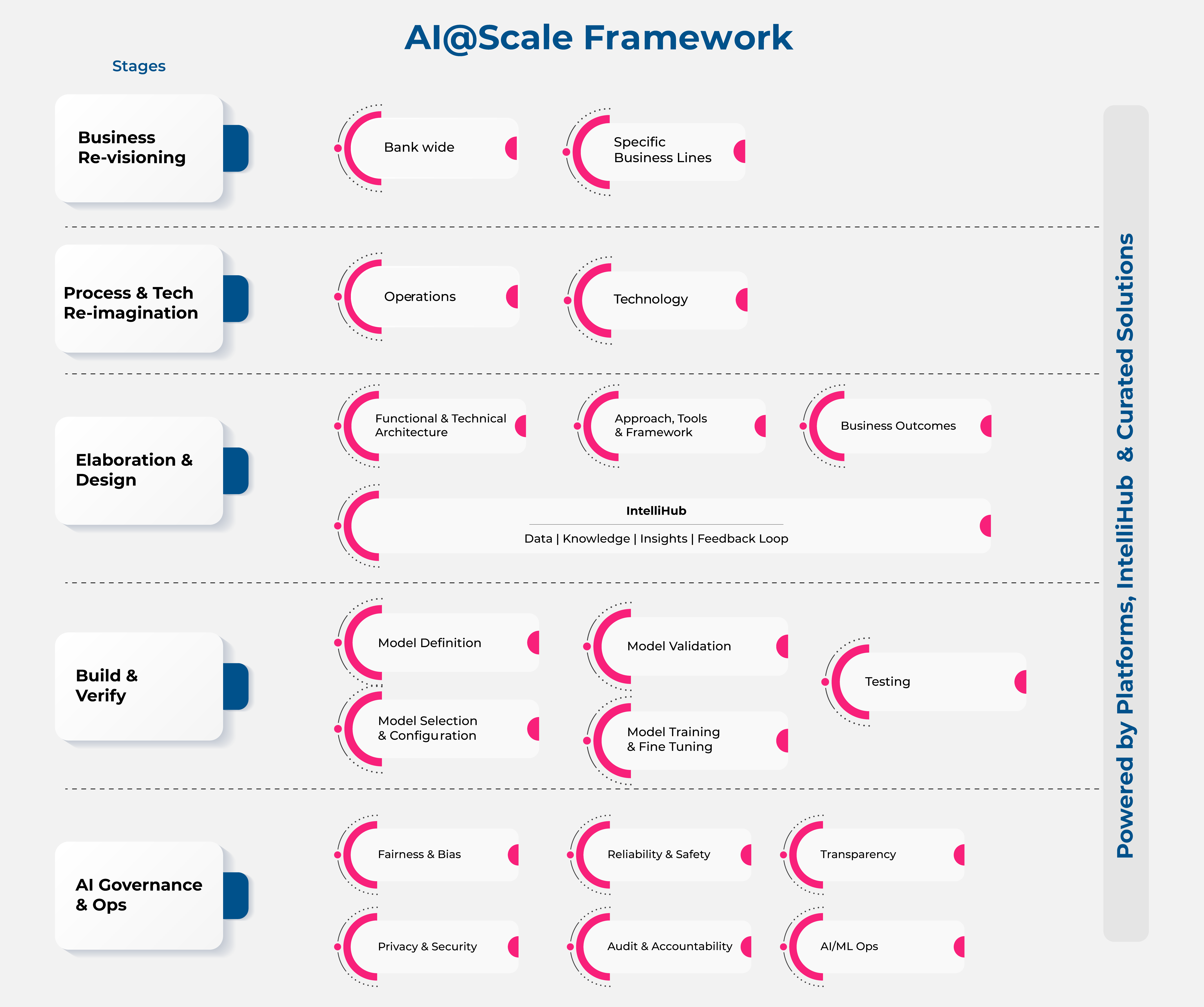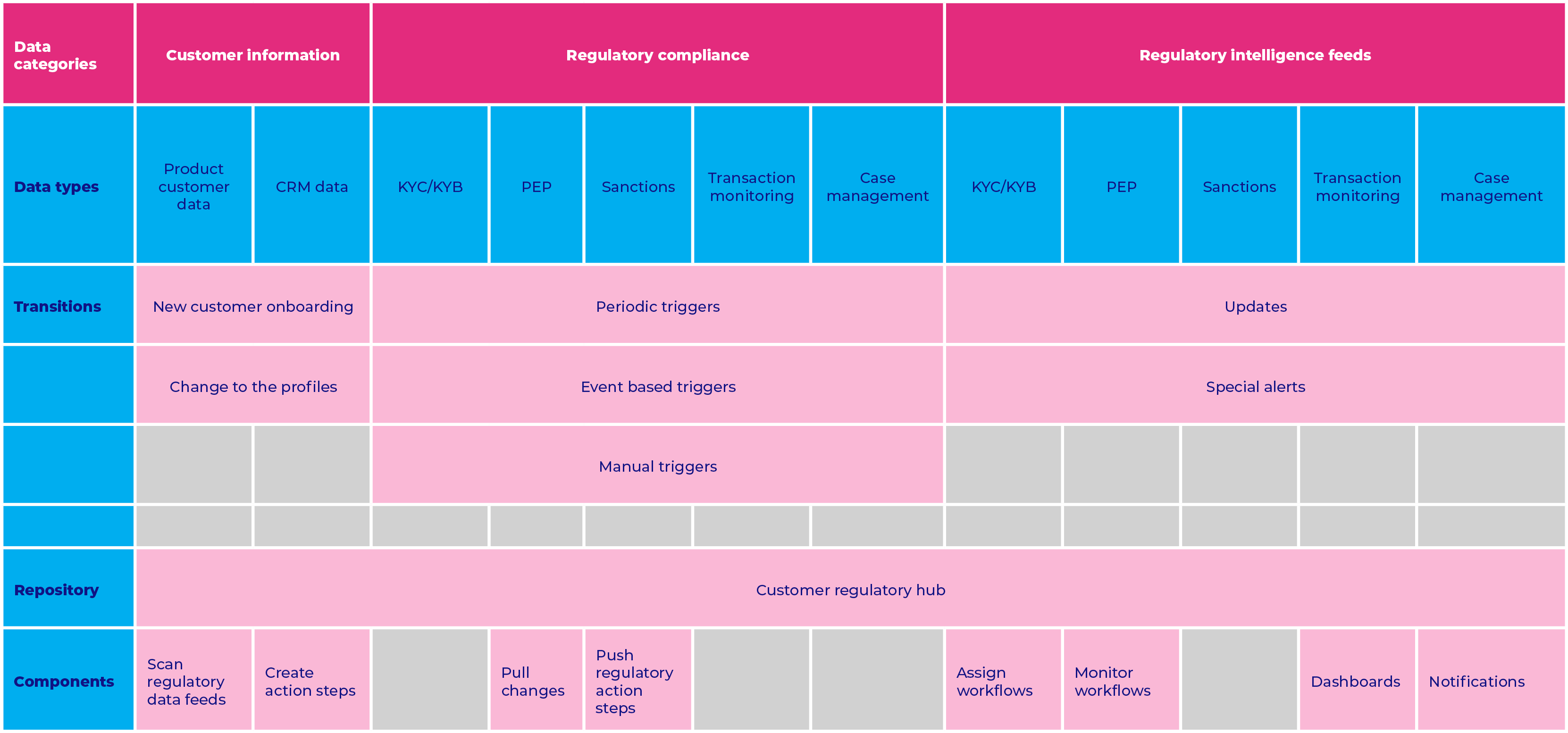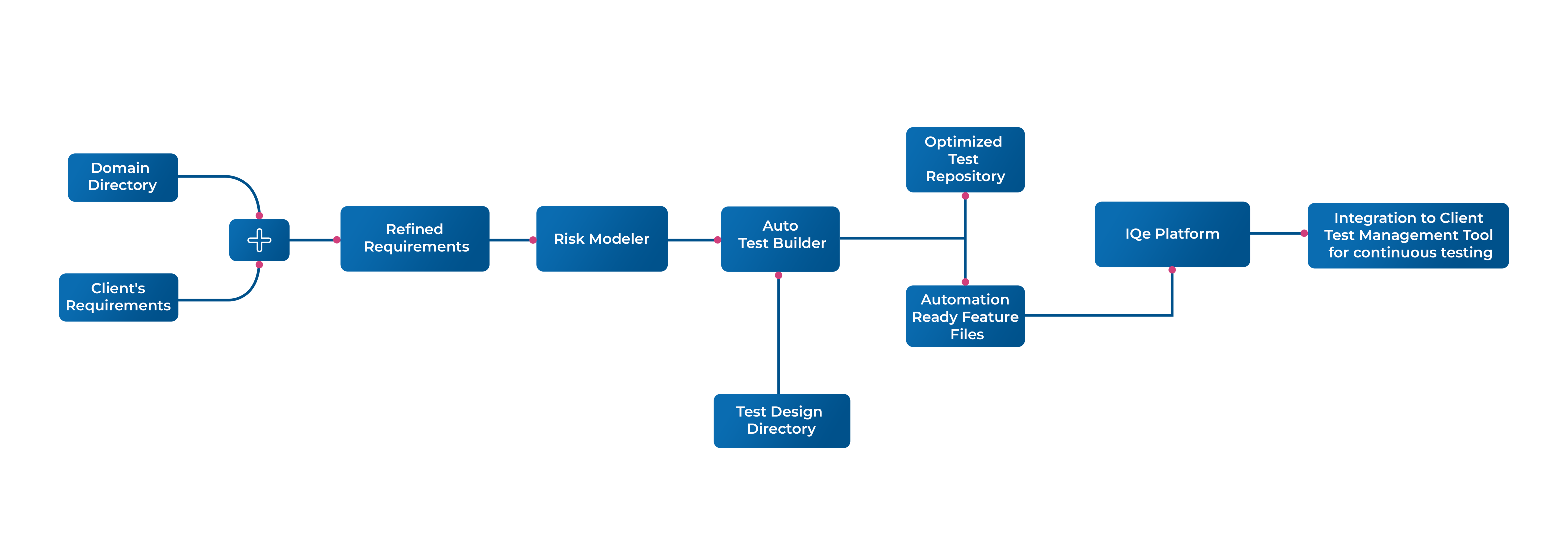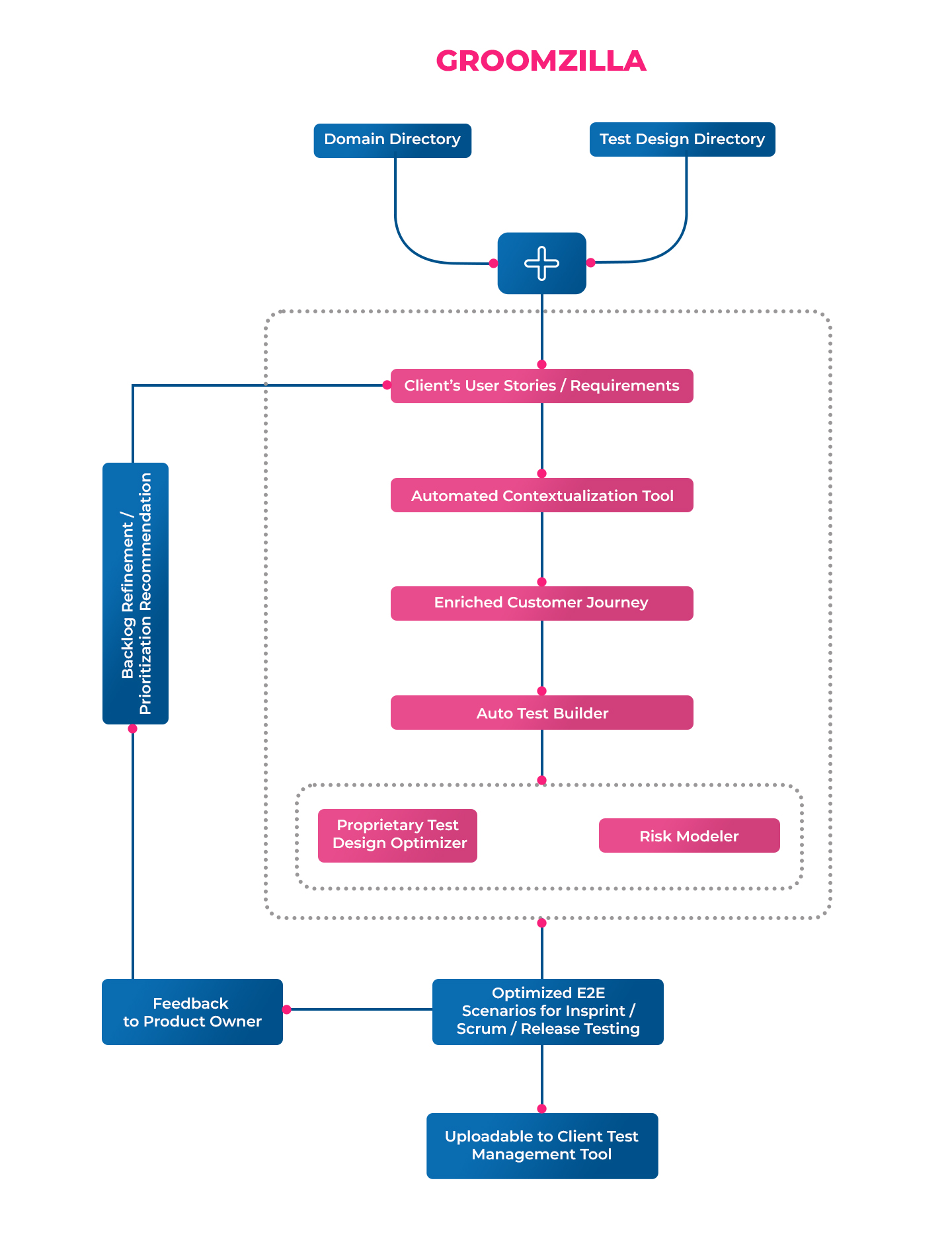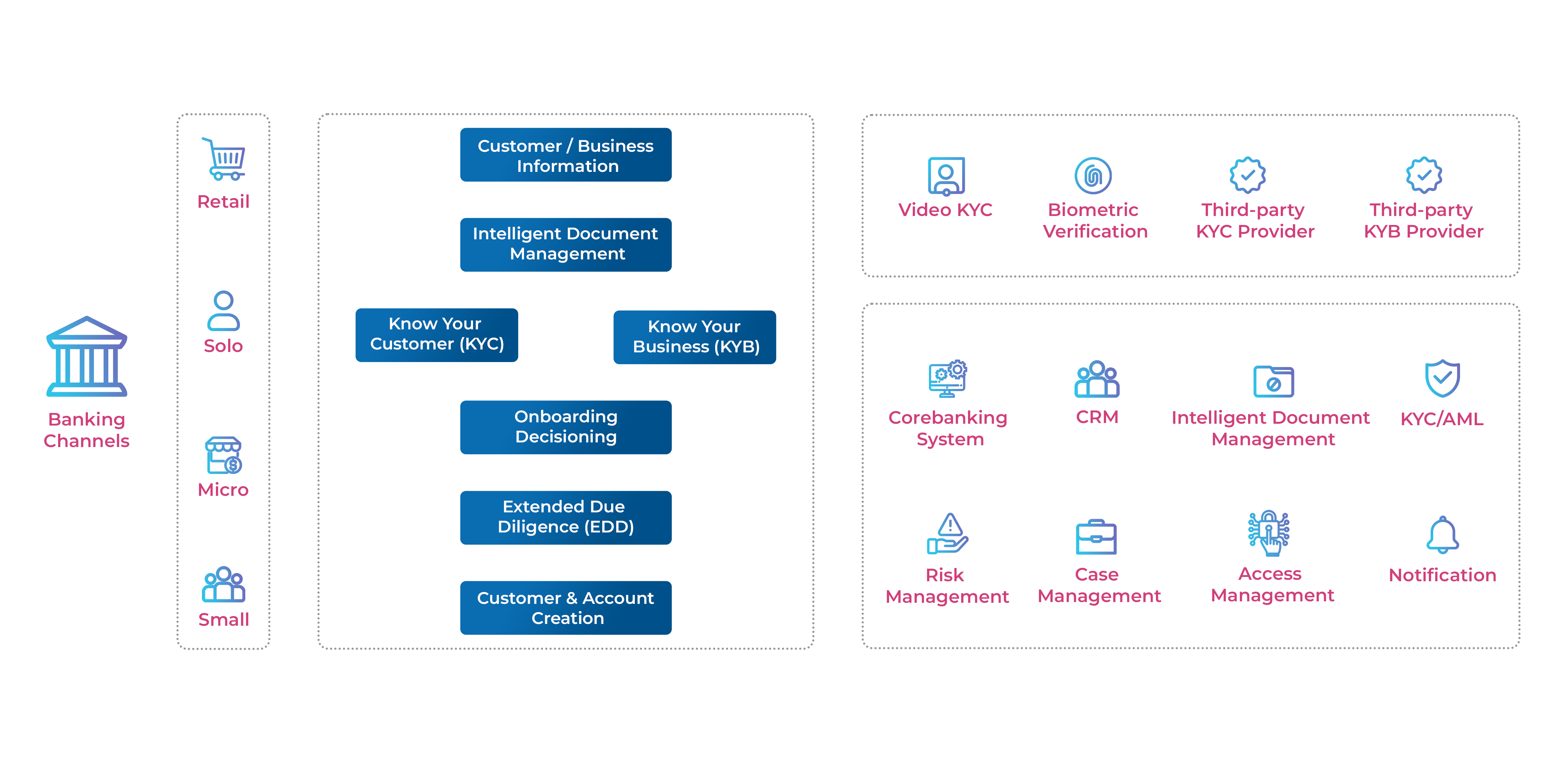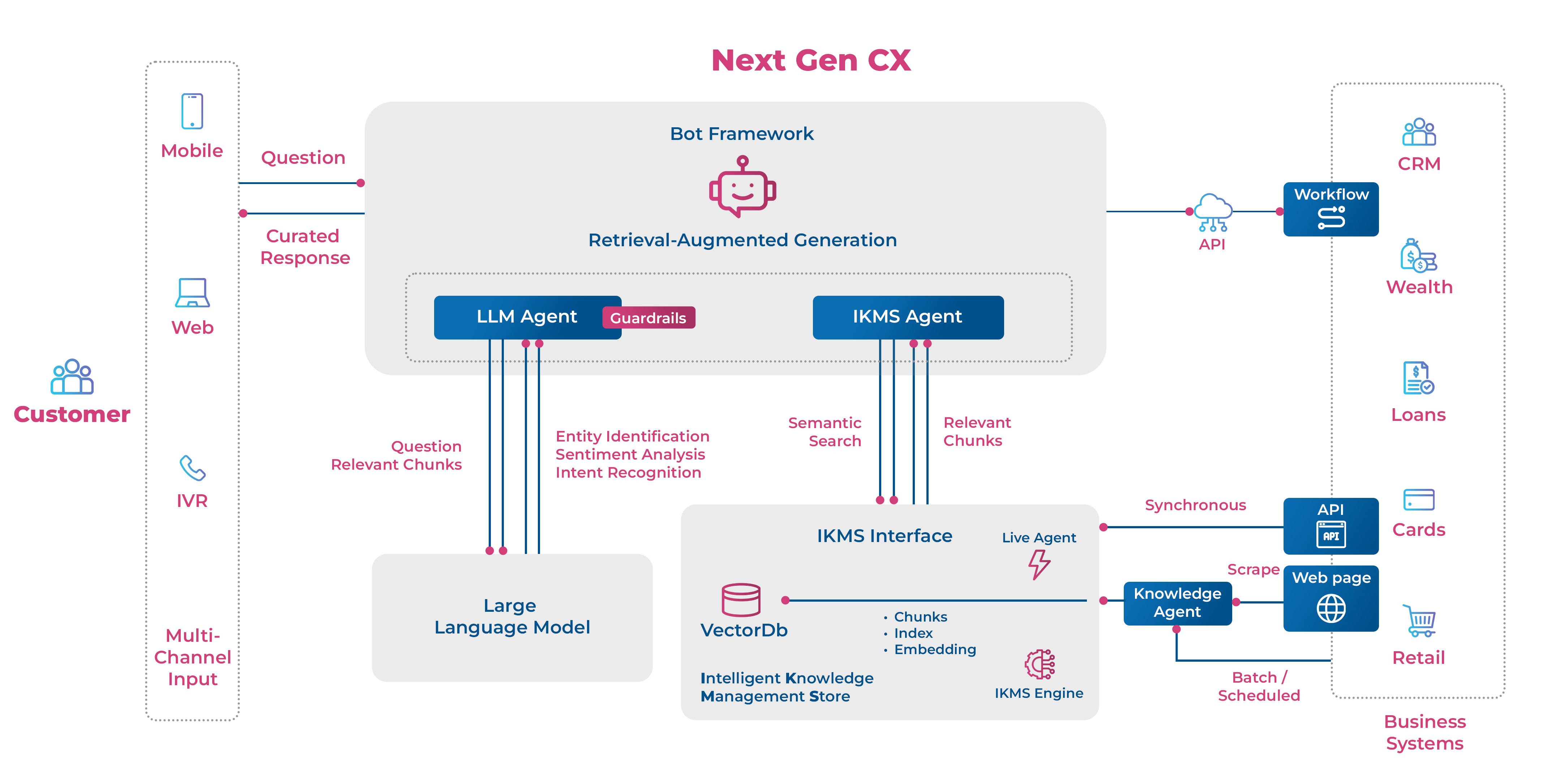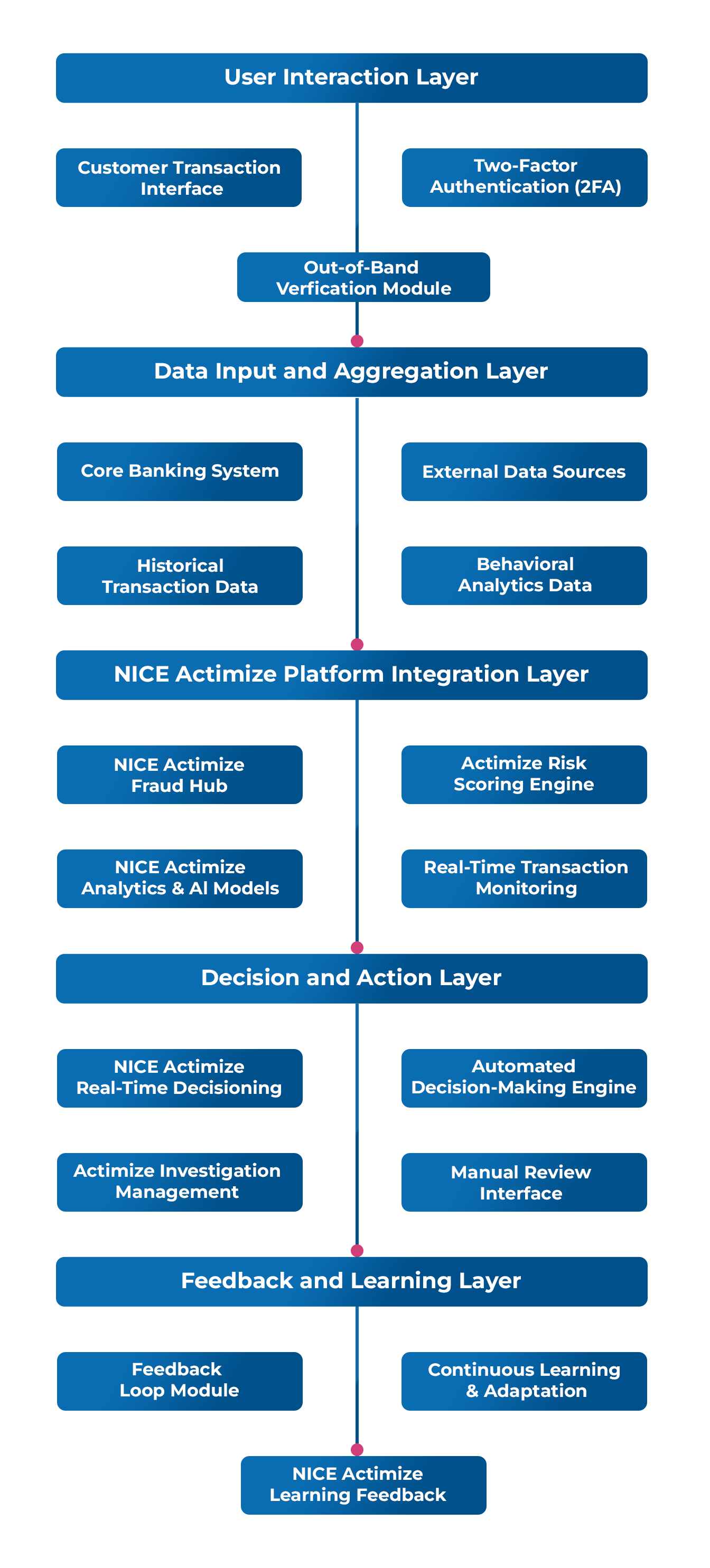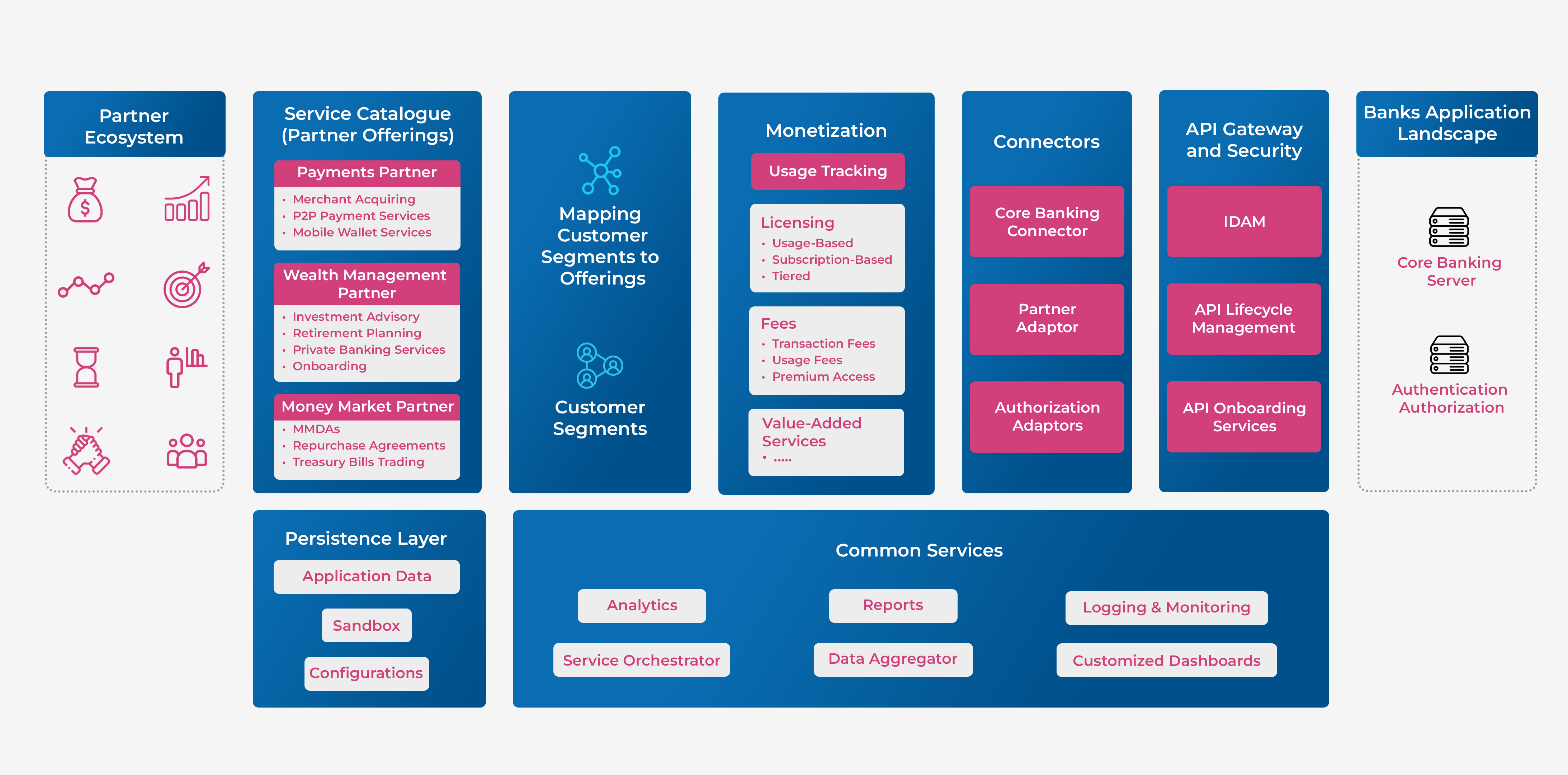Recent occurrences, particularly stories about global sanctions systems, have prompted regulatory organizations to respond vigorously. It is anticipated that authorities will continue to intervene through laws and enforcement in 2023 to combat financial crime truly. The European Commission has already completed a comprehensive evaluation of the most significant anti-money laundering (AML) and terrorist funding risks and is preparing to offer a comprehensive legislative package to address these risks globally.
Partnering with niche Banking Technology domain specialists like Maveric Systems creates unprecedented insights for FIs in regulatory compliance and risk management.
Here is a roundup of the critical areas for 2023 Financial Regulatory Compliance.
Capital shifts
The federal banking agencies (FRB, OCC, and FDIC) have suggested that they will evaluate capital mechanisms and how they promote the resilience of the financial system, both individually and collectively, at financial institutions. When calibrating capital requirements, the FRB has indicated that agencies will strive to minimize unexpected consequences, limit chances for gaming, and prevent high compliance costs that do not yield risk reduction.
Technology-led Resilience
As the popularity of the cloud, e-communication technologies and platforms, and digital tools increases alongside the number of connected service providers, regulators warn of potential hazards, such as information security events, cyber attacks like ransomware or virus, and service failures. Regulators will continue to scrutinize the adequacy of a company’s contemporary technology risk management program; they will pay particular attention to significant operational changes using new technology advances (e.g., cloud, AI, digitalization of risk management processes).
Risk Management
Regulators seek to improve data risk management, particularly in governance incident reporting, vulnerability management, and identity/access control. Companies should develop frameworks for scoping their programs that are both realistic and defensible, taking into account regulatory regulations and expectations as well as business considerations.
Expanding the scope of fairness
Regulators have broadened their expectations of “fairness” to include all consumer/investor products and services throughout the product life cycle and fair lending rules and credit products. For “unfair” outcomes to result in consumer/investor harm, they need not be intentional, and regulators will focus on companies’ attempts to guarantee a “fair and balanced” approach for all consumers.
Cryptos and Blockchain Advisory
Agencies will continue to issue danger warnings and seek to codify greater authority and safeguards in the payments and digital asset space. Topics will vary from stable coins for payments and digital currencies issued by central banks (CBDCs) to regulatory agencies, frameworks, and financial stability threats.
Financial Crime Management
Financial service providers continually try to mitigate fraud and financial crime as ongoing concerns. Changing technology advancements, geopolitical events, and interconnected and interdependent financial networks may raise these risks, exposures, and complexity, especially as criminals become more skilled. Regulators will remain worried about financing terrorism, beneficial ownership, sanctions/tax evasion, consumer fraud, and potential compliance issues.
Four Crucial Themes for Financial Regulatory Compliance
- Demand for improved data governance and reporting: Increasing data availability and enhancing data quality are two crucial concerns for financial institutions. As bank regulators become increasingly dependent on data, they are accelerating the already elevated prioritization of strategic data programs within the banks they oversee.
- Cyber and information technology (IT) risk: Regulators are increasingly concerned about the absence of solid cyber security policies and processes to protect the assets and data of a firm. They continue to stress the enhanced participation and accountability of the board and senior leadership in establishing the organization’s cyber security strategy and supervising its cyber security program.
- Sanctions and the Bank Secrecy Act (BSA)/anti-money laundering (AML): Anticipate three critical issues at the forefront of regulators’ priorities in 2023: the rising presence of digital assets throughout the financial ecosystem and the handling of associated AML risks.
- Consumer protection and financial inclusion: Anticipate that regulators will continue safeguarding consumers from harm in 2023, particularly in the regulatory periphery. All parties must understand and resolve the legal arrangements, cultural differences, and potential governance gaps between banks and nonbanks to ensure successful compliance in light of ongoing regulatory scrutiny.

Conclusion
The disruptive factors of 2022, such as high inflation, interest rate volatility, the Russia-Ukraine conflict, the lingering effects of the pandemic, stock and bond market declines, and events in the crypto asset markets, have influenced banking regulatory perspectives and will likely have an impact on the direction of banking regulations in 2023.
About Maveric Systems
Starting in 2000, Maveric Systems is a niche, domain-led Banking Tech specialist partnering with global banks to solve business challenges through emerging technology. 3000+ tech experts use proven frameworks to empower our customers to navigate a rapidly changing environment, enabling sharper definitions of their goals and measures to achieve them.
Across retail, corporate & wealth management, Maveric accelerates digital transformation through native banking domain expertise, a customer-intimacy-led delivery model, and a vibrant leadership supported by a culture of ownership.
With centers of excellence for Data, Digital, Core Banking, and Quality Engineering, Maveric teams work in 15 countries with regional delivery capabilities in Bangalore, Chennai, Dubai, London, Poland, Riyadh, and Singapore.



